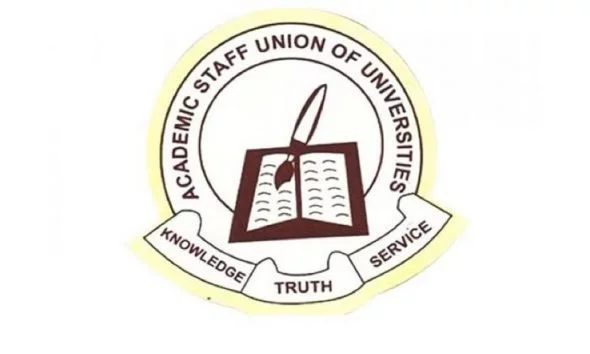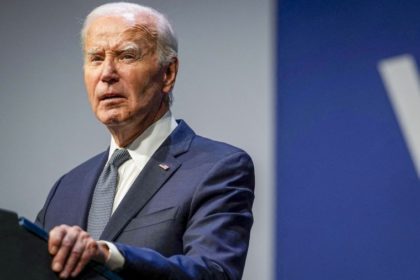The Academic Staff Union of Universities (ASUU) has postponed the imminent strike threat as the Federal Government races to implement agreements reached between the two parties over the next two weeks. In an exclusive interview, ASUU President, Prof Emmanuel Osodeke, expressed cautious optimism that the strike could be averted if the government fulfills its commitments in a timely manner.
The looming strike threat was prompted by the federal government’s failure to implement various agreements with the union, despite numerous commitments made in the past. Prof Osodeke highlighted the non-implementation of the 2009 re-negotiated agreements, lingering academic allowances, and the inadequate allocation of revitalization funds as some of the key sticking points in the ongoing negotiations.
During a recent meeting initiated by the Minister of Education, Prof Tahir Mamman, both parties agreed to reconvene in two weeks to review the government’s progress. Prof Osodeke stated, “At the meeting called by the Minister of Education, we agreed that after two weeks, we will meet to see the progress the government has made. We will also see what we will do next, if the government fails to implement the agreements reached. The meeting in the next two weeks is to see what they have done, which will inform our decision.”
ASUU has underscored the urgency of the situation, emphasizing that the non-implementation of crucial agreements has significantly impacted the quality of education in Nigerian universities.
The union has been advocating for the release of revitalization funds to upgrade the country’s universities and attract students and lecturers from across the globe. The delayed release of these funds has resulted in aging infrastructure and a decline in academic standards.
ASUU has expressed concerns over the proliferation of universities in Nigeria without the necessary funding to sustain them. Prof Osodeke stressed the detrimental effects of approving new universities without adequate financial support, highlighting the strain it places on existing educational institutions.
Another longstanding issue pertains to the government’s continued reliance on the Integrated Personnel and Payroll Information System (IPPIS) to pay university staff, despite an earlier directive from the Federal Executive Council (FEC) to cease this practice. This has been a persistent point of contention for ASUU, which argues that IPPIS is unsuitable for the unique payroll requirements of university staff.
As the deadline approaches, the hopes of students, parents, and university staff alike rest on the government’s ability to honor its commitments and avert a potentially disruptive strike. With the fate of higher education hanging in the balance, all eyes turn to the government to deliver on its promises and ensure that the wheels of academia continue to turn uninterrupted.




